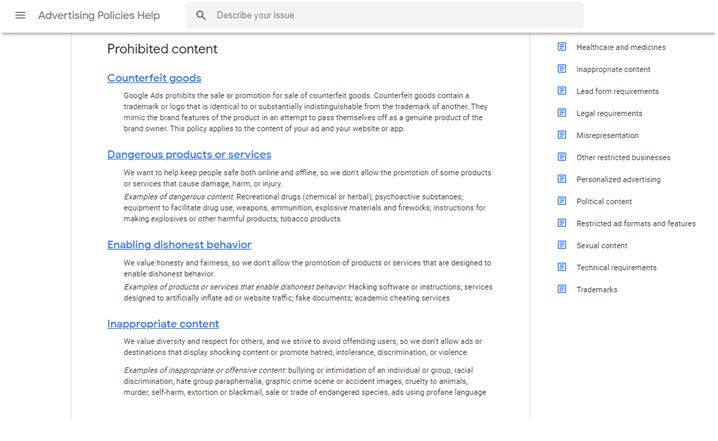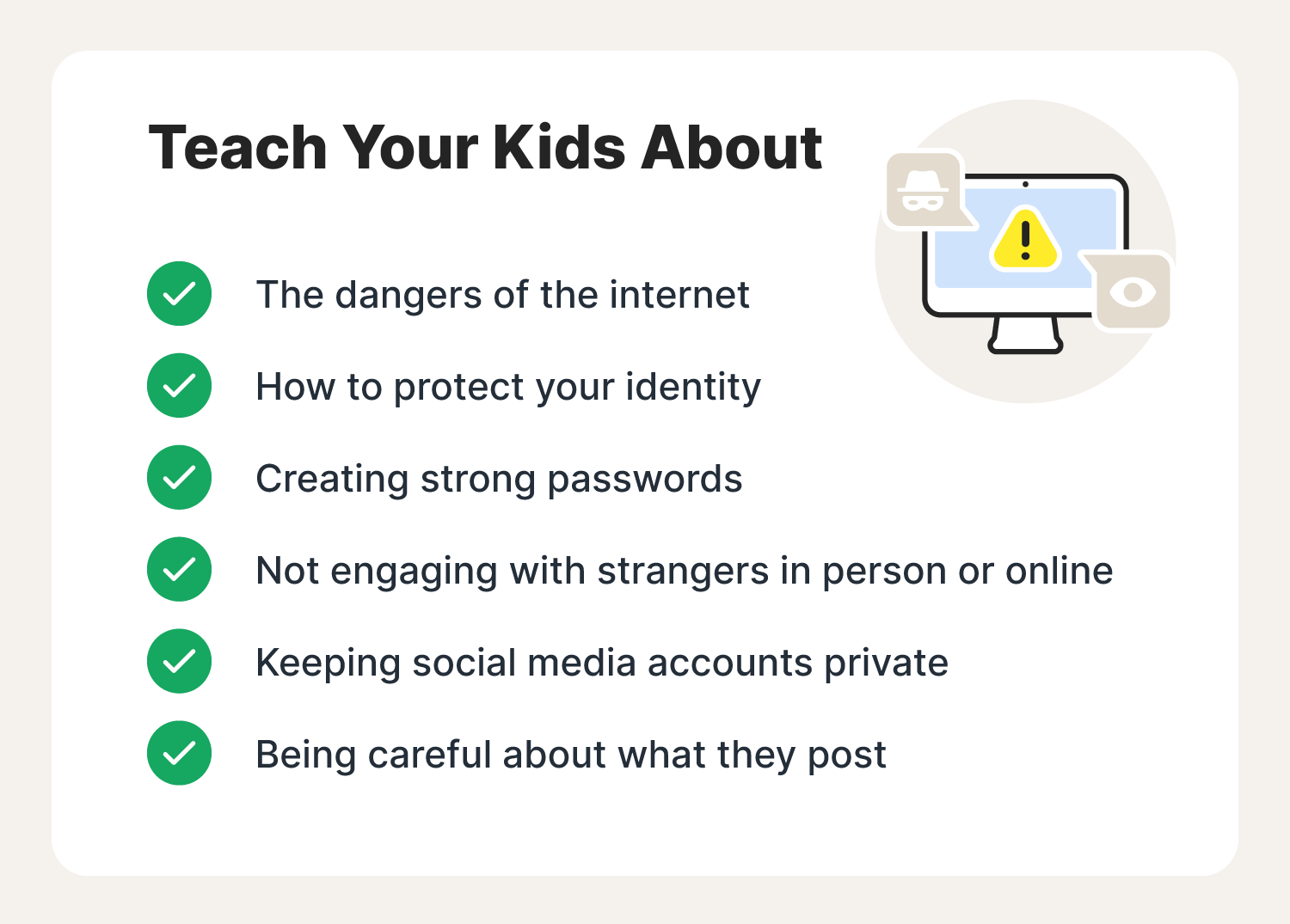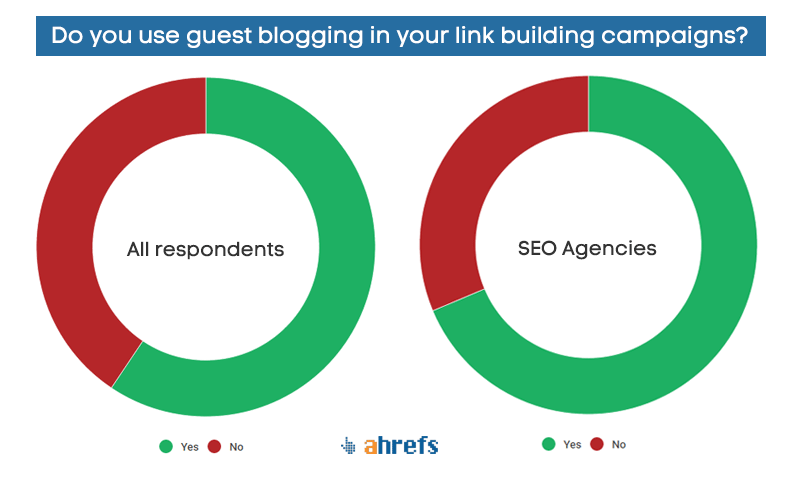All Categories
Featured
Table of Contents
- – When Are The Top Semantic Seo Tutorials Deals
- – Which Is The Leading Enhancing Seo With Semant...
- – When Are Top Semantic Search Engines Sales
- – Which Is The Premier Optimizing For Semantic ...
- – What Is The Most Reliable Enhancing Seo With...
- – What Is The Most Suitable Semantic Seo Frame...
- – What Is The Most Valuable Optimizing For Sem...
The web is changing, becoming more and extra semantic. SEO is likewise altering and ending up being extra semantic. This is since search engines have actually advanced and are moving much more and extra towards checking out web content on the internet. Certainly, that has additionally changed the method we develop web content, especially if we intend to place better in the search engines.
, the pioneer of the Net, talked of to represent the idea that all points in the world are deeply interconnected. Intertwingularity is not typically recognized, people keep claiming they can make things deeply hierarchical, categorizable and sequential when they can't. Whatever is deeply intertwingled. Based upon the partnerships in between search objectives, the search engine favors a web content ready by determining the range in between the vectors of meaning.
It enables you to see, beginning with a subject, all the entities that relate to that topic. This way you can clearly see which entities/concepts/ideas have currently been covered on your internet site, and you can discover brand-new opportunities by recognizing what material you can include and how to develop it.
When Are The Top Semantic Seo Tutorials Deals
It is able to make your content easy to understand for search engines on the one hand and for your target market on the various other. Structuring your material model highlights your content and its hidden relationships so that online search engine can recognize you among thousands of pieces of information, making you extra visible to individuals who fulfill the search intent pertaining to your company.
In semantic SEO copywriting, an editor starts from a broader variety of subjects and tailors the material to include semantically relevant terms and phrases that aid visitors recognize a subject, similar to reading content in a wiki. From a web content composing viewpoint, one practical method to do this is to produce a vocabulary of terms and questions bordering your target subject.
Which Is The Leading Enhancing Seo With Semantics Company
Discover more regarding by viewing the by!.

Semantic search describes the procedure of just how search engines recognize and match key phrases to a searcher's intent in organic search results. Prior to semantic search, internet search engine like Google operated like matchmakersaligning particular words in your inquiry with those exact words on pages. The outcomes were straightforward but usually did not have deepness.
When Are Top Semantic Search Engines Sales
It allows Google to supply fast, exact solutions to browse queries concerning real-world subjects. When you kind a query word into Google, you're not just getting in a series of words.
When you browse for "Apple," Google does not simply see a word that explains a fruit. It recognizes Apple as a business and can supply relevant information. Like the name of its CEO, Tim Cook, or its newest supply rates. Google announced the Hummingbird upgrade in 2013. It was Google's solution to the rise of voice searches, where queries ended up being more conversational and nuanced.
Which Is The Premier Optimizing For Semantic Search Company?
By incorporating NLP, Hummingbird allowed Google to relocate beyond plain keyword matching. It aided the online search engine comprehend search intent, enhancing the probabilities that results would accurately match the reason behind a user's search. As the 3rd essential ranking variable after content and web links, RankBrain has boosted Google's semantic search capabilities to comprehend the definition of search inquiries.
RankBrain is an artificial intelligence system that aids Google translate inquiries it hasn't seen before. It can make assumptions regarding words and phrases it doesn't identify and filter results accordingly. Making it extra reliable at taking care of never-before-seen search questions. RankBrain takes into consideration more than just search phrases when examining a search question.
It fetches outcomes that match the keywords and align with the overall intent of giving puppy training recommendations. And if the individual regularly looks for dog-related content, Google may focus on extra comprehensive training guidesrecognizing the individual's continuous passion in the subject. Combining innovations like the Expertise Chart, Hummingbird, and RankBrain, semantic search assists the Google formula interpret and connect data across a vast web of info.
What Is The Most Reliable Enhancing Seo With Semantics Brand
The emphasis changes from keyword choice to a holistic technique encompassing user intent, topical significance, and general customer experience. Producing content that deals with the searcher's requirements with comprehensive info can boost your SERP rankings.
A more comprehensive technique to material aligns much better with semantic search's shift away from precise key phrase matching and towards individual intent. Material that covers search questions more thoroughly not just satisfies customers.
And five times more than websites that take 10 seconds to load. While technological search engine optimization guarantees optimum web site performance and accessibility, concentrating on customer experience (UX) takes it a step further. UX aims to create a visually attractive, straightforward interface with appealing, high quality content that encourages visitors to stay. Semantic search modern technology enables search engines to intend for results that offer the very best feasible UX.
What Is The Most Suitable Semantic Seo Framework?

All showcase Google's capacity to attend to a subject query adequately. By recognizing the context and intent behind individual queries, search engines can provide a lot more relevant info and possibly increase individual involvement. Personalization in search results creates far better UX.Based on your past search history and preferences as an individual, semantic search helps online search engine tailor the results to suit your distinct needs and rate of interests.
It brings outcomes that match the key phrases and line up with the total intent of offering puppy training advice. And if the individual frequently looks for dog-related web content, Google may prioritize much more thorough training guidesrecognizing the customer's continuous passion in the subject. Combining modern technologies like the Knowledge Chart, Hummingbird, and RankBrain, semantic search helps the Google algorithm interpret and connect data across a large web of details.
What Is The Most Valuable Optimizing For Semantic Search For The Price
The focus shifts from keyword option to an all natural method encompassing user intent, topical importance, and general individual experience. Developing web content that attends to the searcher's needs with comprehensive details can boost your SERP rankings. Below, we describe the fads and practices that settle the requirement for semantically notified web content. Later, we provide actionable pointers to turn these understandings right into ideal methods.

A broader strategy to material aligns much better with semantic search's shift away from precise keyword phrase matching and towards user intent. Content that covers search queries a lot more extensively not only satisfies users.
And five times greater than sites that take 10 secs to tons. While technological search engine optimization makes certain ideal web site performance and access, focusing on customer experience (UX) takes it a step even more. UX aims to develop a visually attractive, straightforward interface with interesting, quality web content that motivates visitors to stay. Semantic search modern technology makes it possible for search engines to go for outcomes that give the most effective possible UX.
All display Google's ability to deal with a topic query comprehensively. By recognizing the context and intent behind customer inquiries, internet search engine can supply extra relevant information and possibly raise customer engagement. Customization in search engine result creates far better UX.Based on your past search background and choices as a user, semantic search assists internet search engine tailor the results to match your distinct demands and passions.
Table of Contents
- – When Are The Top Semantic Seo Tutorials Deals
- – Which Is The Leading Enhancing Seo With Semant...
- – When Are Top Semantic Search Engines Sales
- – Which Is The Premier Optimizing For Semantic ...
- – What Is The Most Reliable Enhancing Seo With...
- – What Is The Most Suitable Semantic Seo Frame...
- – What Is The Most Valuable Optimizing For Sem...
Latest Posts
Who Is The Most Trusted Semantic Seo Content Strategies
What Is The Top Semantic Content Strategies
What Is The Most Reliable Structured Data For Semantic Seo?
More
Latest Posts
Who Is The Most Trusted Semantic Seo Content Strategies
What Is The Top Semantic Content Strategies
What Is The Most Reliable Structured Data For Semantic Seo?